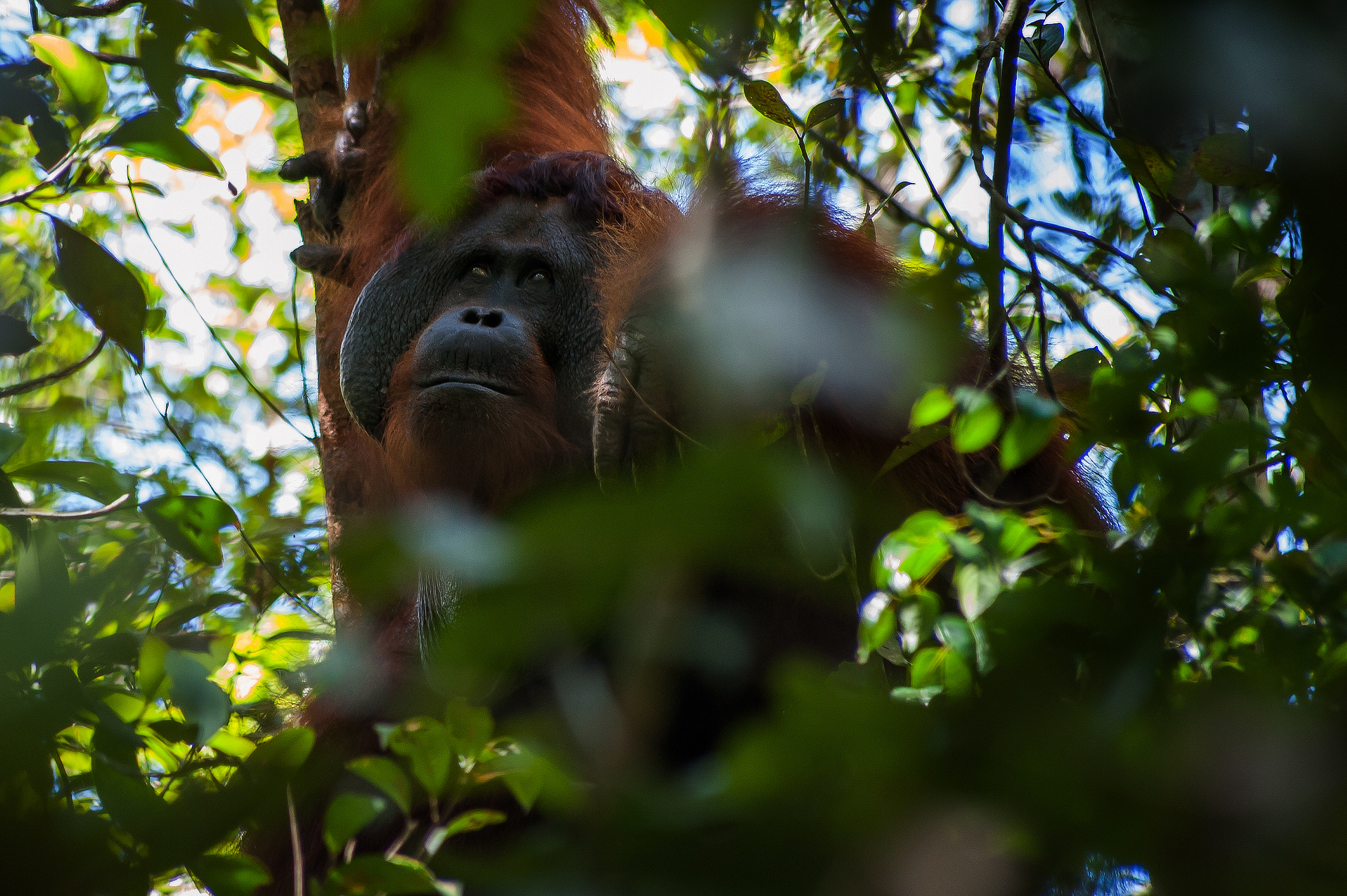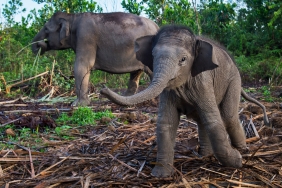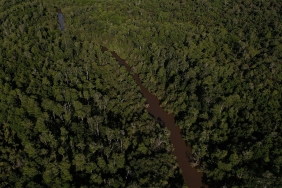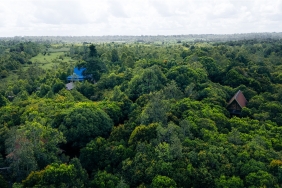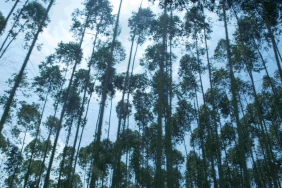SAVING ORANGUTANS, SAVING RAINFORESTS
By: Ciptanti Putri
Jakarta (23/12)-Recently, the Indonesian people and even the world were shocked by the news of the slaughter of hundreds of orangutans of the species Pongo pygmaeus in Puan Cepak Village, Muara Kaman District, Kutai Kartanegara, East Kalimantan. On average, two orangutans per day are killed for meat, or destroyed because they are considered pests. This primate, which resembles humans in 97% of its DNA, is an animal that does not attack and can coexist with humans. Is Indonesia about to lose another one of its biodiversity treasures after the Javan Tiger and Bali Tiger?
The issue at a macro level boils down to the dichotomy between investment management in Kalimantan and conservation efforts. The local government's interest in developing its region by accepting domestic and foreign investors to convert forest areas into oil palm plantations collides with forest conservation programs. This dichotomy should be eliminated, so that the development process has investment value and conservation that support each other.
This was the conclusion stated by Chairul Saleh, Conservation Science for Flagship Species Coordinator WWF Indonesia, at the end of the discussion session at the Presentation and Discussion event 'Let's #SaveOrangutans' last Tuesday, December 20, 2011 at the American Cultural Center #america. The event was organized in collaboration with WWF-Indonesia, Borneo Orangutans Survival (BOS) Foundation, and @america that also presented a number of other speakers, namely Arian 13 from the #SaveOrangutans movement, Yolinda from the Trans7 Investigative Reporting program, and Rini from the BOS Foundation.
The event opened with a video screening of the daily life of a pregnant female orangutan in the wilds of Borneo. It showed the habits of orangutans, their interactions with humans, and their uniqueness.
After the short video, Arian 13 from the #SaveOrangutans movement presented the deteriorating condition of orangutan habitat in Borneo. Due to rapid deforestation for palm oil plantations, orangutans' food sources are dwindling. As a result, they began to encroach on oil palm plantations. He then added that individuals and companies that own palm oil plantations, process palm oil products, and factories that use palm oil materials are responsible for this incident.
"These companies then carry out greenwashing, which is an effort to disguise acts of forest destruction through green campaigns, such as the jargon of converting wild forests into industrial forests. This greenwashing makes the public believe that they are companies that are helping to raise the forest." he concluded.
Meanwhile, Yolinda from Trans 7 shared her experience when doing 7 months of investigative coverage on the environment in Kalimantan. The results of her investigation were presented in the form of a recording of the news broadcast "Reportasi Borneo Trans7". She went on to describe the appalling conditions on the ground there. "Palm oil companies are rapidly destroying rainforests until they are gone," he explained.
Species expert from WWF-Indonesia, Chairul Saleh in his presentation explained the character of orangutans, the types that live in Indonesia as their largest habitat, and a number of facts about orangutans. "Orangutans have an ecological function as seed transmitters for the continuation of biodiversity in tropical forests," he explained. The existence of orangutans is threatened due to habitat fragmentation as a result of logging in forests and conversion of forests into oil palm plantations, hunting and trade of orangutans, and climate change.
"WWF Indonesia researches and protects orangutan habitats, in collaboration with communities," he continued. In its efforts, it was found that forests that were reforested and then protected were able to provide adequate fruit food for the orangutan population. Furthermore, WWF informs and invites people to understand the potential of orangutans as an object of ecotourism. "Thus, the community will also preserve the existence of orangutans," he said.
Meanwhile, a speaker from BOS, Rini, presented ways that the wider community can do to save orangutans. "Joining NGO activities and signing up to be a volunteer is good. However, the best thing is to adopt a green lifestyle," she explained. By green lifestyle, Rini meant reducing the use of paper and plastic, not using palm oil-based products, saving non-renewable energy, water and electricity. "In the end, the most important thing from all our efforts is not saving orangutans. More importantly, it is to save our rainforests," she concluded.

